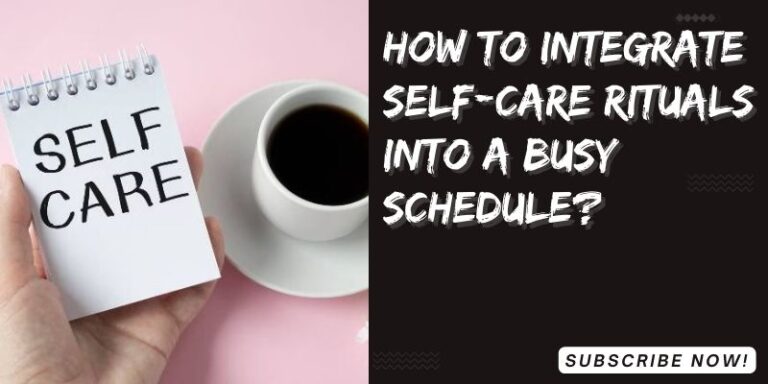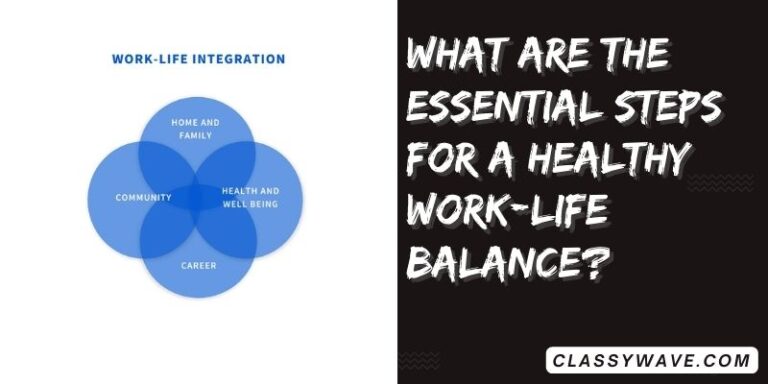Why Gratitude Makes You Happier | Classy Wave
Have you ever noticed how good it feels to say “thank you”? Gratitude is more than just good manners—it’s a mindset that can transform your life. When you focus on what you have instead of what you lack, you open the door to more joy, peace, and emotional well-being. But why does gratitude make you happier? Let’s explore how this simple habit can reshape your mind and mood.
Understanding Gratitude
Gratitude is the practice of recognizing and appreciating the good things in your life. It could be something as simple as a warm cup of coffee in the morning or something profound like the love of family and friends. When you consciously acknowledge these blessings, your perspective shifts—from scarcity to abundance.
The Science Behind Gratitude and Happiness
Researchers have found that gratitude activates areas in the brain linked to dopamine and serotonin—the “feel-good” chemicals responsible for happiness. These neurotransmitters help regulate mood, reduce stress, and enhance overall life satisfaction. In fact, studies show that people who practice gratitude regularly report fewer symptoms of depression and anxiety.
Gratitude Shifts Your Focus
It’s easy to get caught up in negative thoughts, especially when life gets tough. Gratitude helps redirect your focus from what’s wrong to what’s right. By appreciating even small positives, you train your mind to look for the good in every situation. Over time, this rewiring creates a more optimistic outlook on life.
Gratitude Improves Relationships
Ever noticed how expressing appreciation strengthens bonds? Saying “thank you” makes people feel valued, respected, and loved. Whether it’s your partner, friends, or coworkers, showing gratitude fosters trust and connection. When people feel appreciated, they’re more likely to reciprocate with kindness, creating a cycle of positivity.
Gratitude Reduces Stress and Anxiety
When you’re grateful, your brain releases hormones that lower cortisol—the stress hormone. Practicing gratitude helps calm your mind and body, allowing you to respond to challenges more effectively. Instead of dwelling on what could go wrong, you start focusing on what’s going right, which eases anxiety and promotes relaxation.
It Boosts Physical Health
Grateful people tend to take better care of themselves. They exercise more, eat healthier, and get better sleep. Why? Because gratitude creates a positive mindset that motivates you to nurture your body. Research also suggests that gratitude strengthens the immune system and lowers blood pressure, contributing to better overall health.
Gratitude Builds Resilience
Life isn’t always smooth, but gratitude helps you bounce back faster. When you practice thankfulness, you learn to see setbacks as lessons instead of failures. This mental shift builds emotional resilience, allowing you to handle life’s ups and downs with strength and grace.
Gratitude Encourages Mindfulness
Being grateful means living in the present moment. Instead of worrying about the past or future, you focus on what’s happening right now. This awareness enhances mindfulness—a state proven to reduce stress and increase happiness. Gratitude helps you slow down, appreciate the small things, and find beauty in the everyday.
It Promotes a Positive Mindset
When you make gratitude a daily habit, your brain starts noticing more good things automatically. You begin to expect positive outcomes instead of fearing negative ones. This shift in mindset doesn’t just make you happier—it makes you more confident, hopeful, and motivated to achieve your goals.
Simple Ways to Practice Gratitude
- Keep a gratitude journal: Write down 3 things you’re thankful for each day.
- Say “thank you” more often: Express appreciation sincerely and frequently.
- Practice gratitude meditation: Spend a few minutes focusing on what you appreciate.
- Reflect before bed: Think about the best part of your day before you sleep.
- Send thank-you notes: Small gestures of appreciation go a long way.
These small habits create lasting emotional benefits when practiced consistently.
How Gratitude Changes Your Perspective
When you start appreciating what you already have, you stop comparing yourself to others. You realize that happiness doesn’t depend on material things—it’s about contentment. Gratitude teaches you to see life as a gift, even during challenging times.
The Ripple Effect of Gratitude
Gratitude doesn’t just make you happier—it spreads positivity to others. When you express appreciation, people around you feel uplifted, too. This ripple effect can improve workplaces, families, and communities. A thankful heart inspires others to adopt the same attitude.
Conclusion
Gratitude is more than just a feel-good practice—it’s a life-changing mindset. By focusing on what’s good in your life, you invite more joy, peace, and contentment. The more you practice gratitude, the happier you become. So, start small: thank someone today, appreciate your surroundings, and watch how your happiness grows from within.







